For Sale - Century Village - well maintained and furnished 2/1.5
FOR SALE: Condo at Canterbury - furnished and beautifully decorated condo with garden view - 10 mins walk to the pool. Asking price: $159, 500
Contact me: 561-707-4535



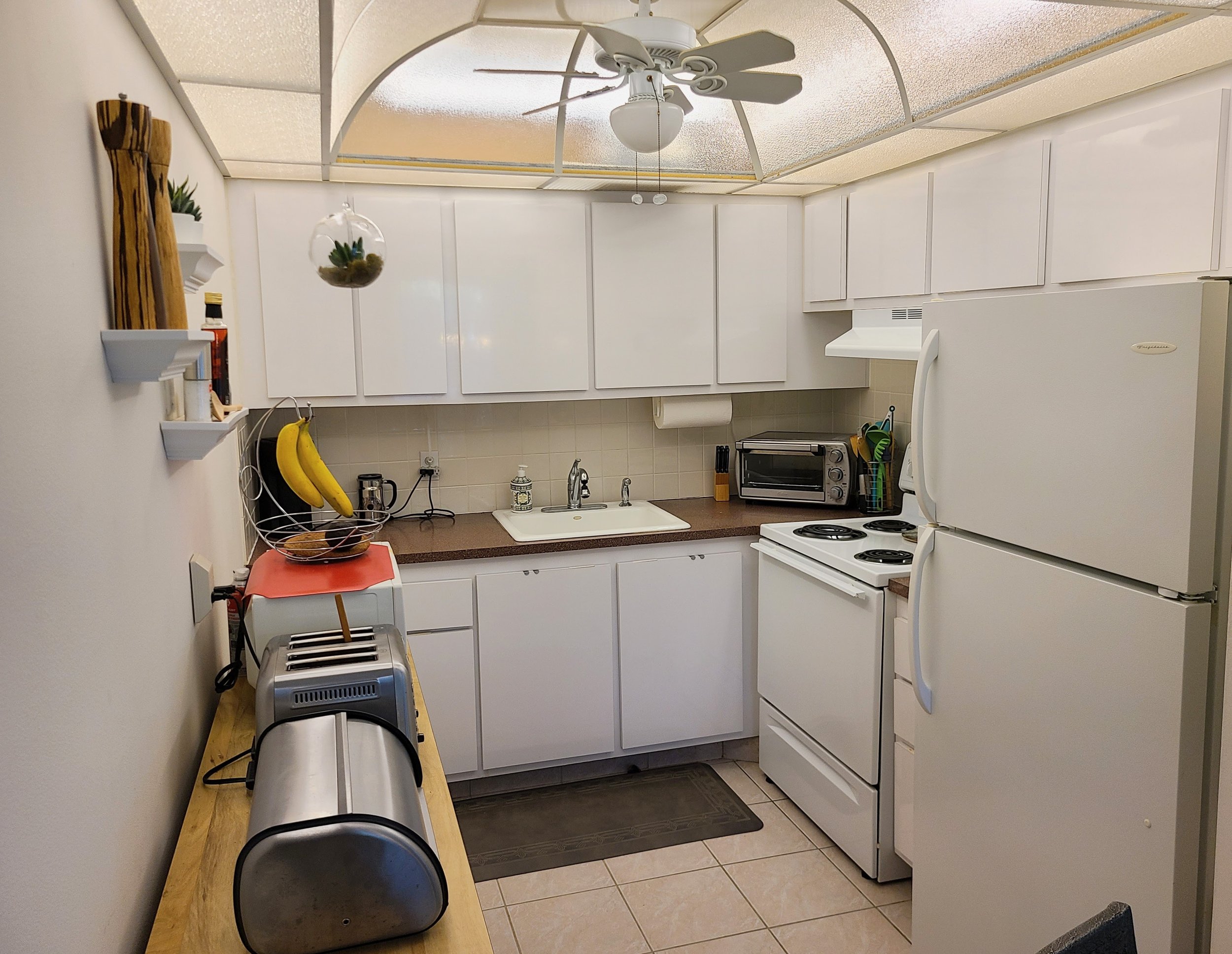
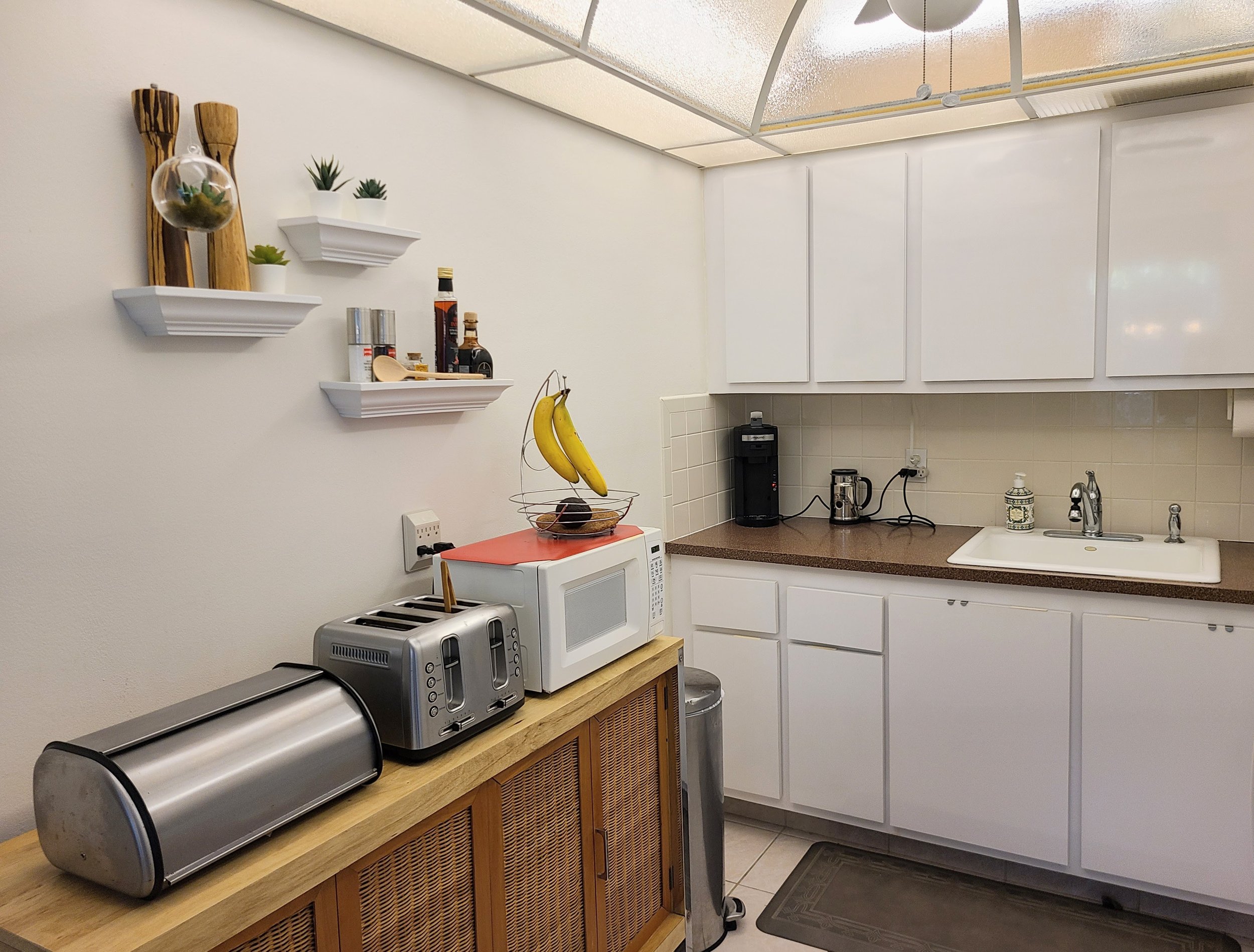

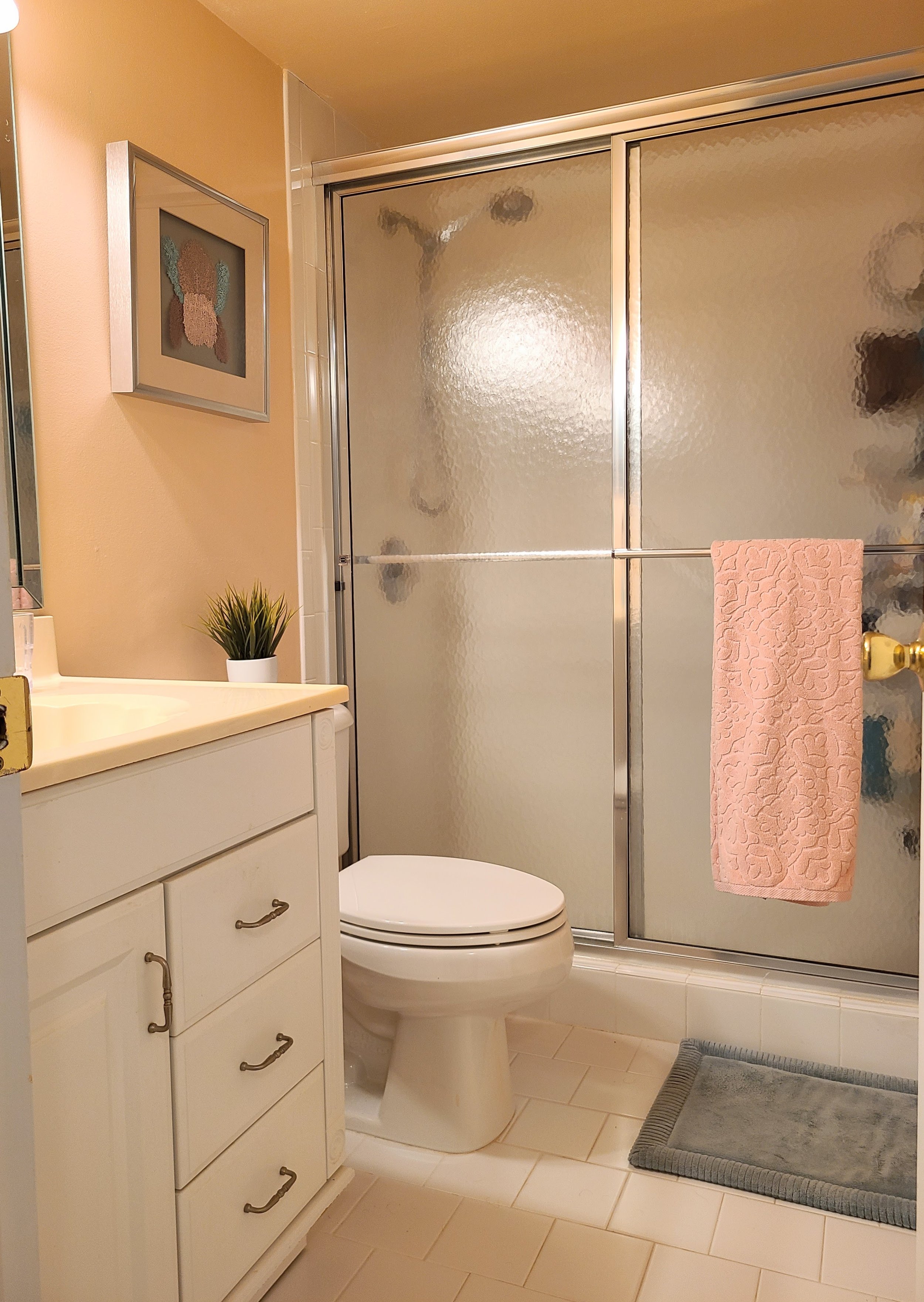

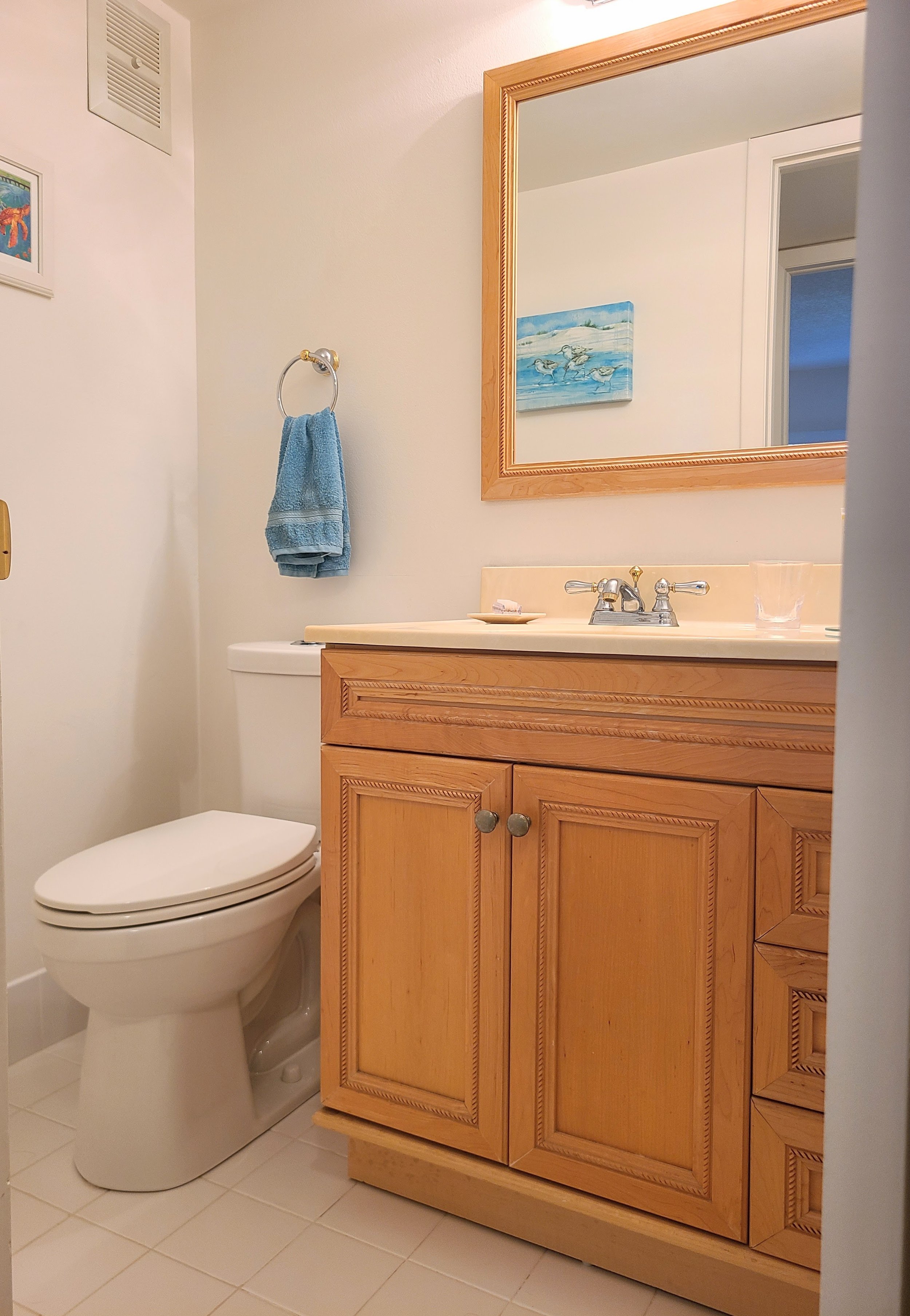
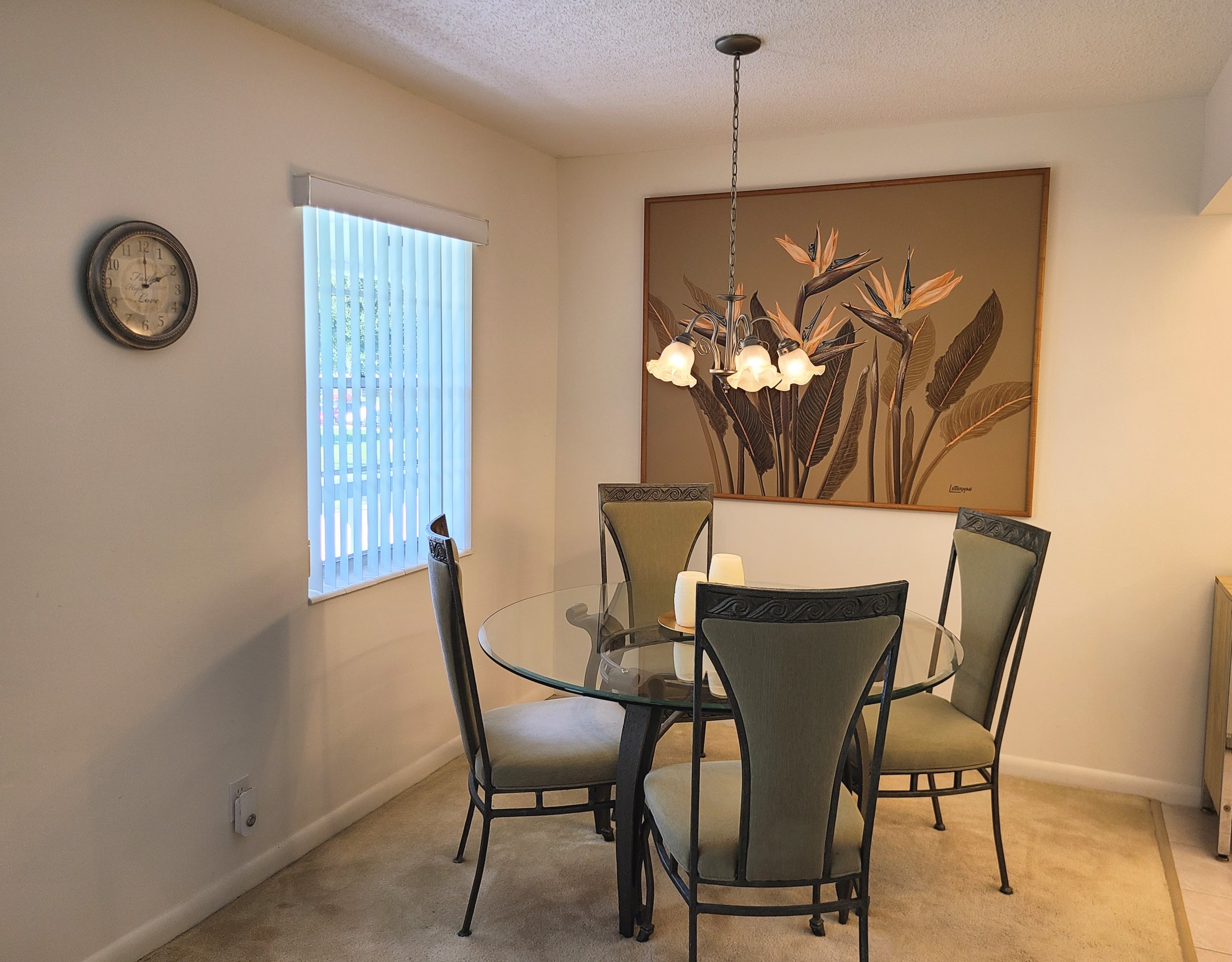
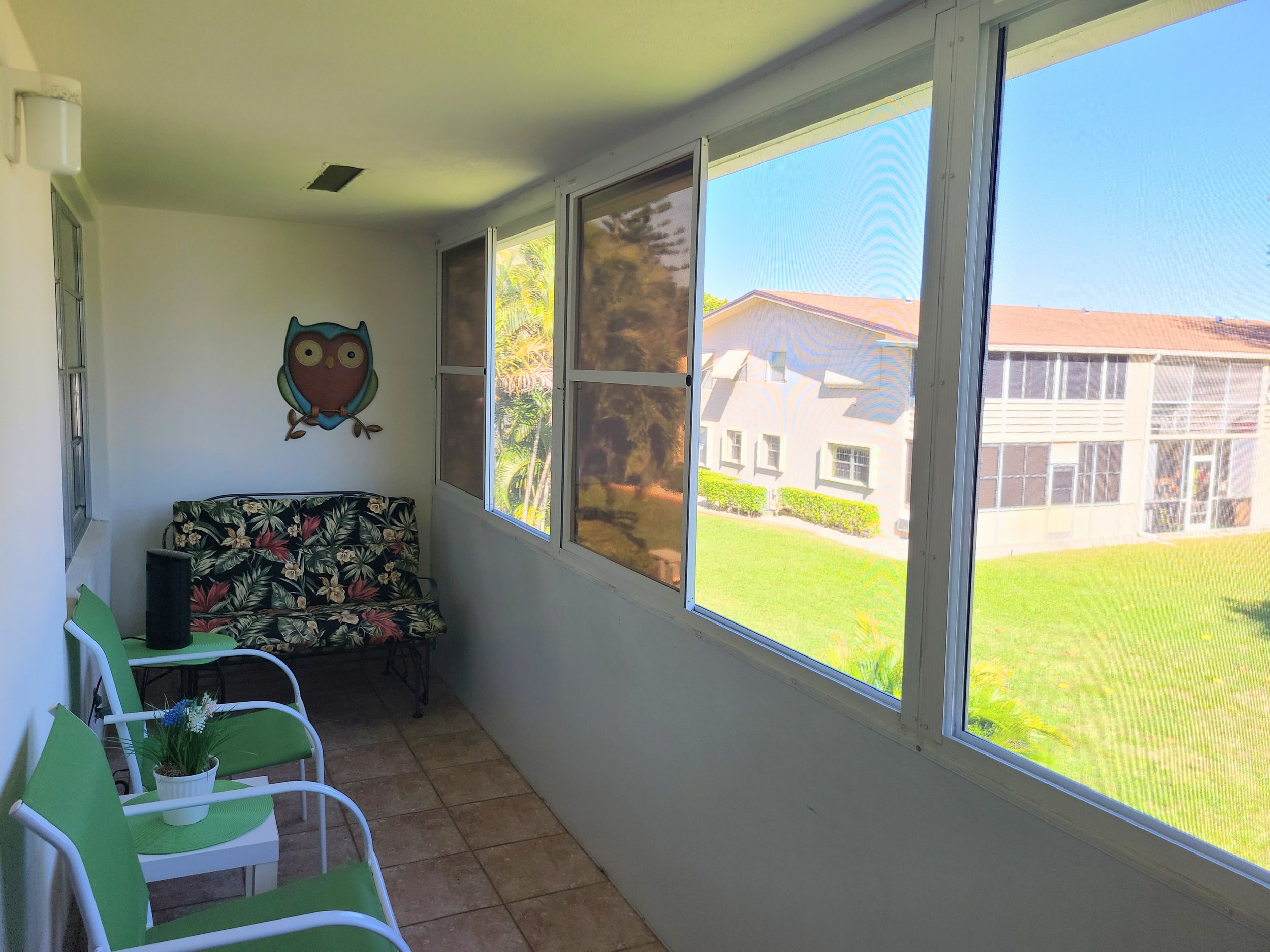
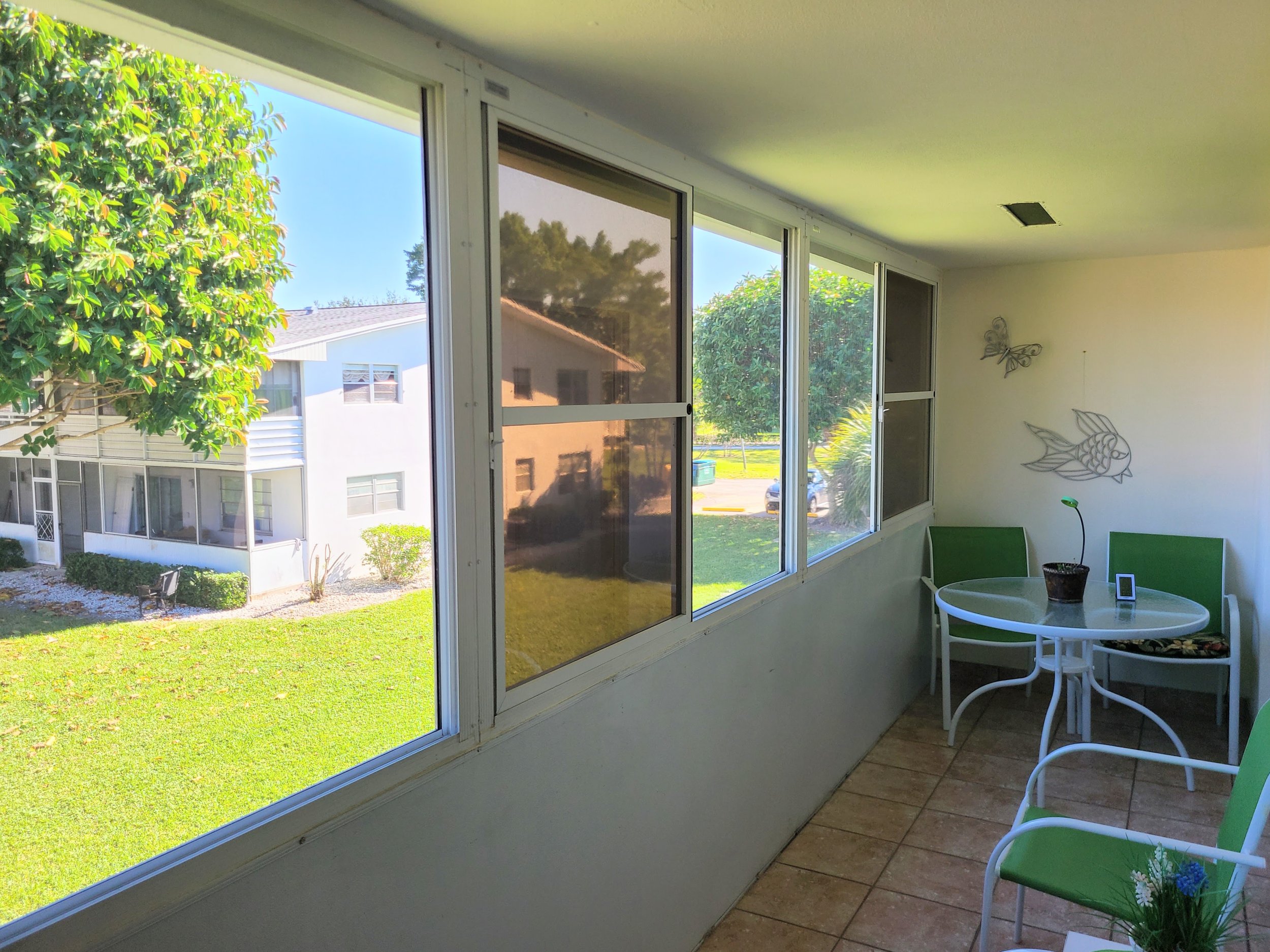

FOR SALE: Condo at Canterbury - furnished and beautifully decorated condo with garden view - 10 mins walk to the pool. Asking price: $159, 500
Contact me: 561-707-4535















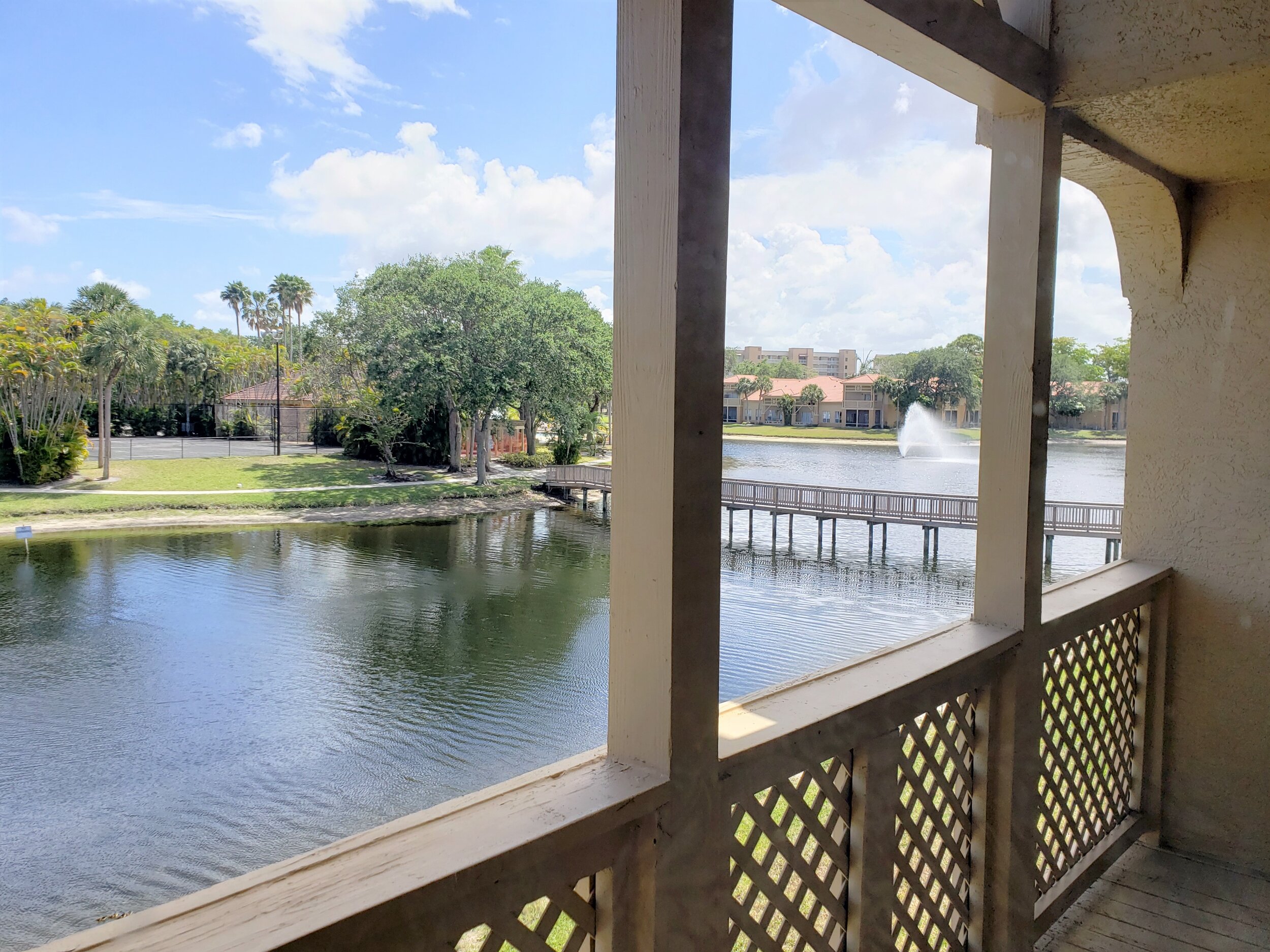
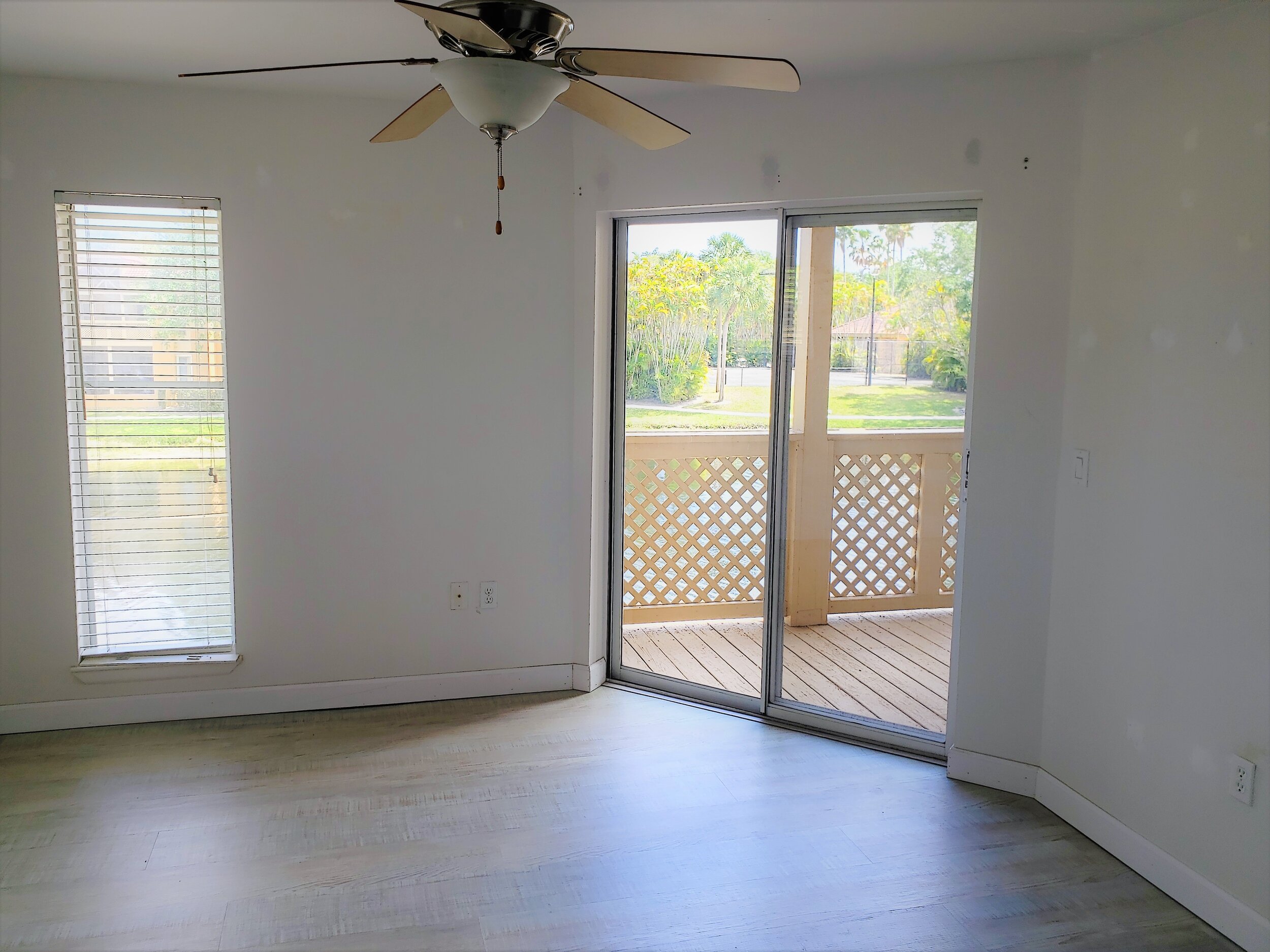

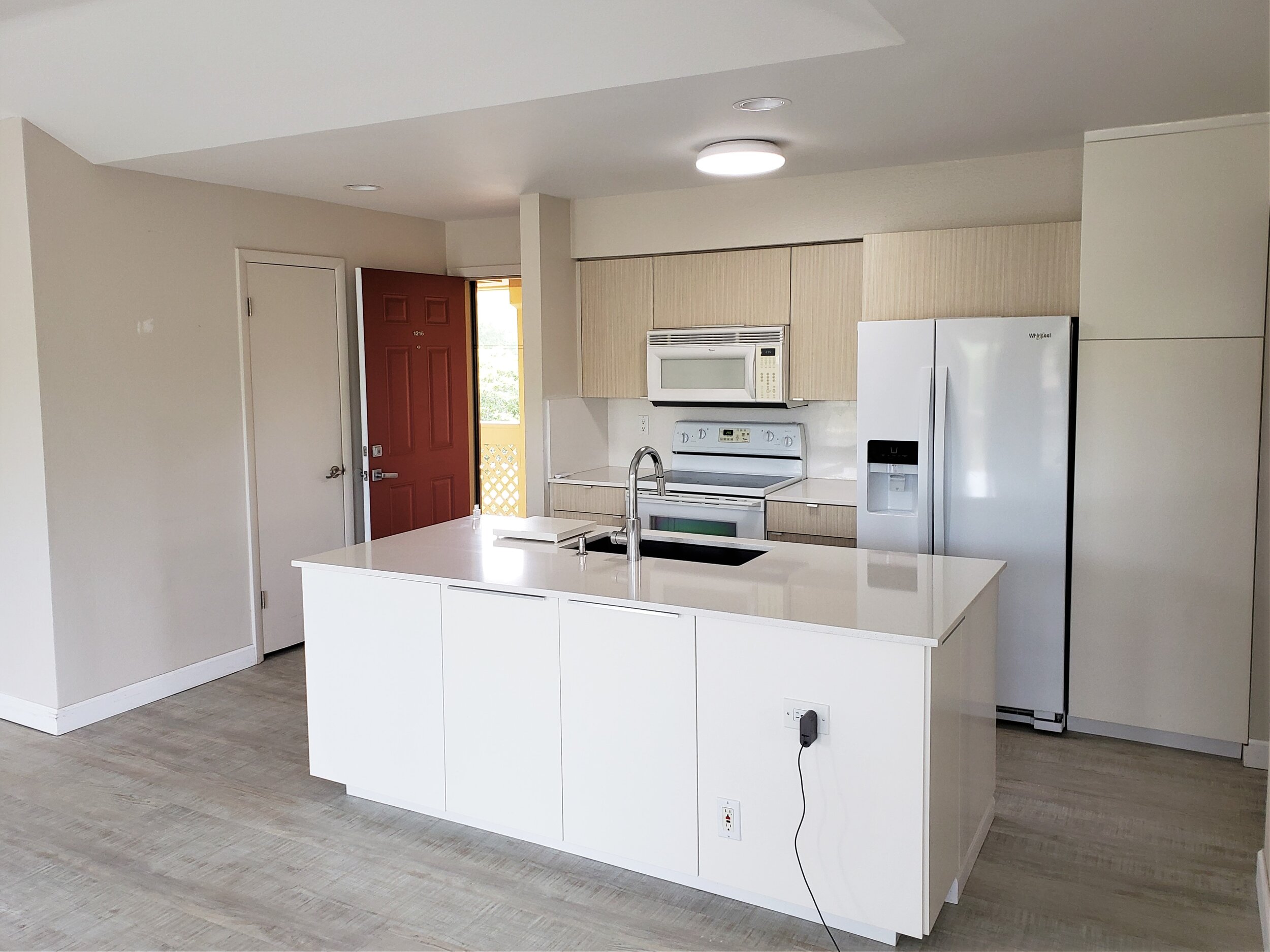
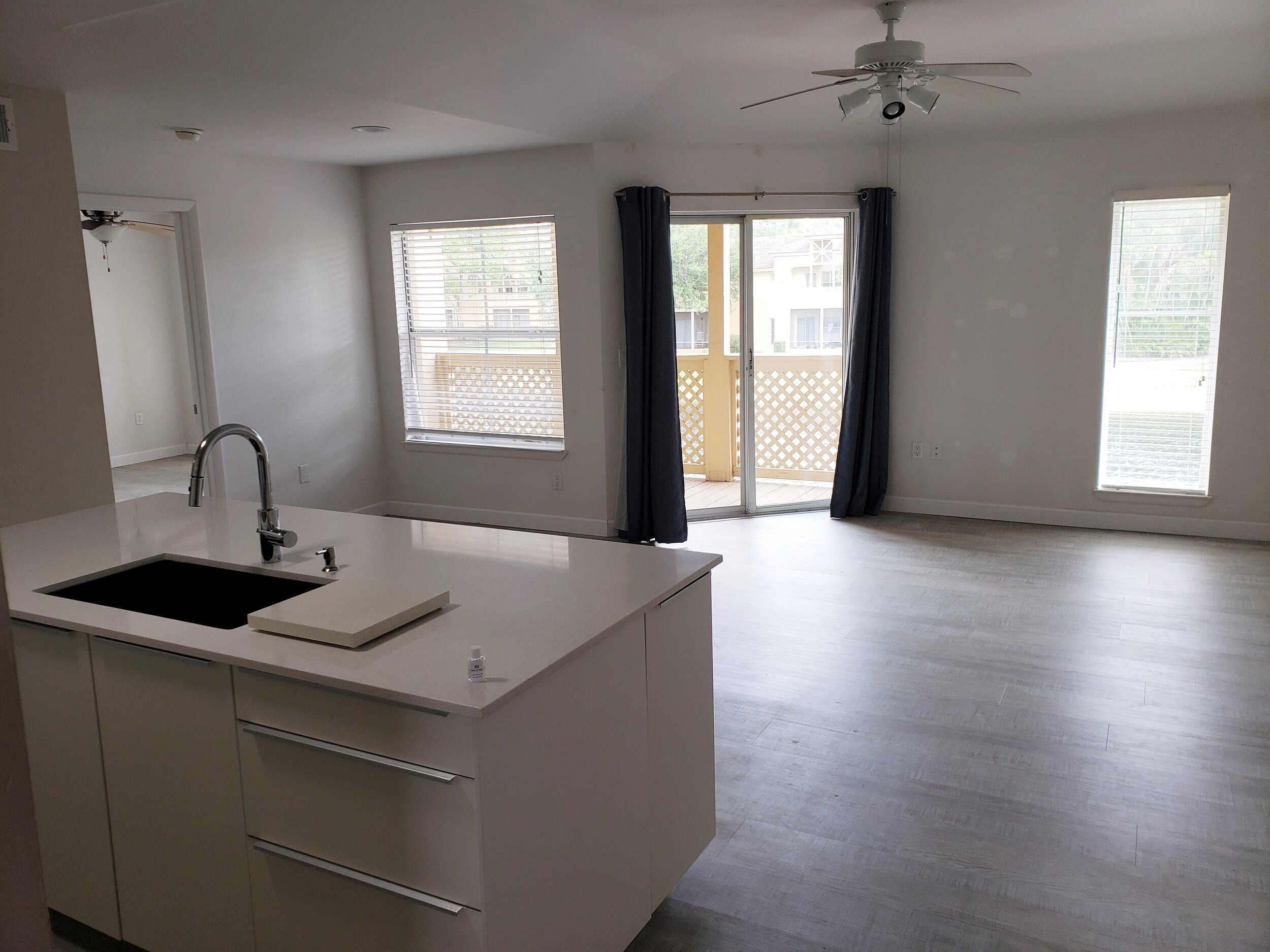
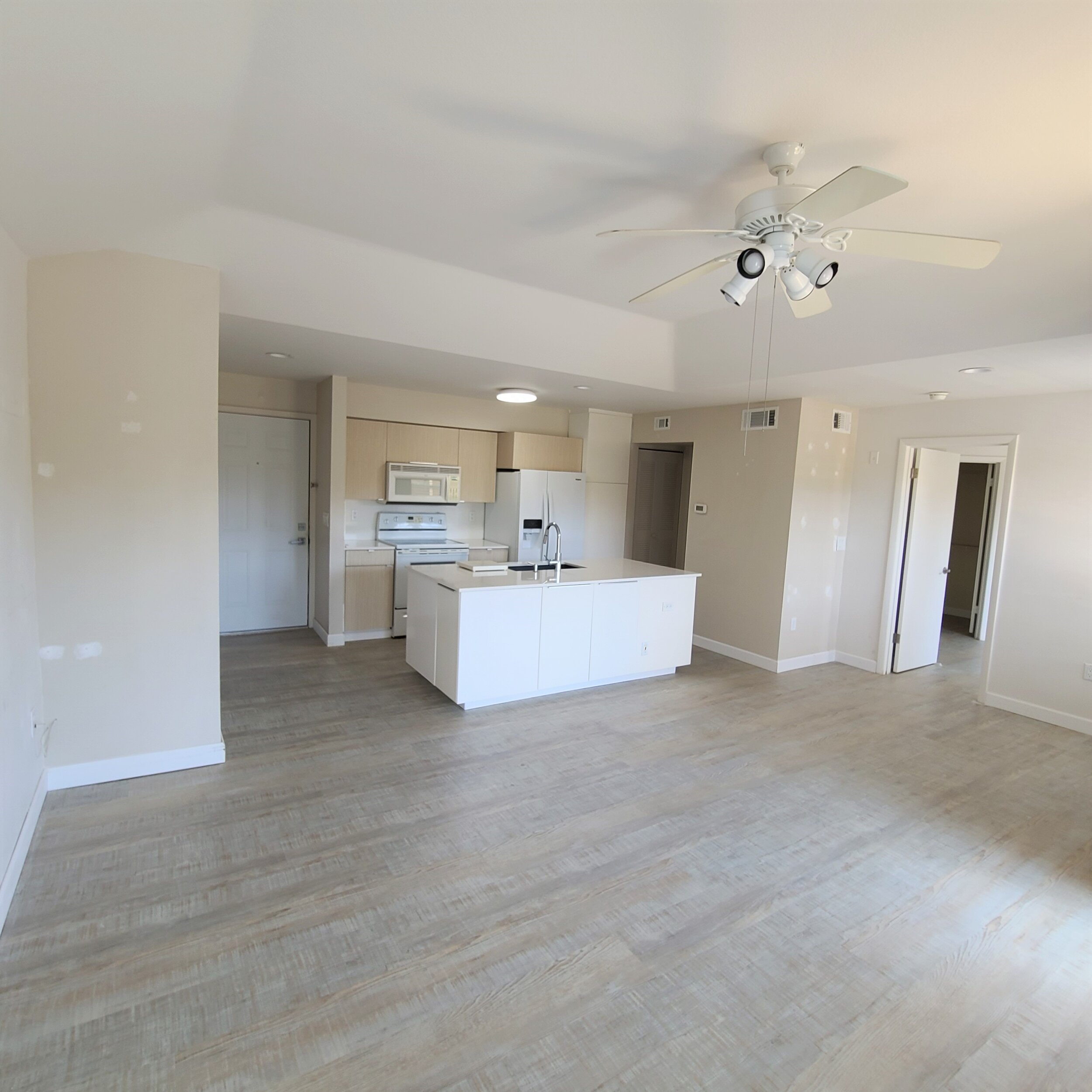






The ocean is calling you!
Create your own oasis of tranquility.


Clean AND disinfect frequently touched surfaces daily. This includes tables, doorknobs, light switches, countertops, handles, desks, phones, keyboards, toilets, faucets, and sinks.


Check out these tips!!!


MOVE IN READY 4/2 LOCATED IN DESIRABLE INDIAN RIVER ESTATES. HOME CAN BE USED IN MULTIPLE CONFIGURATIONS. 2 MASTER BEDROOMS OR 3/2 WITH INLAW SUITE WITH SEPARATE ENTRANCE.. ALL LIVING AREAS TILE. NEWER A/C. SEPTIC SYSTEM REPLACED 2019. LARGE OPEN FLOOR PLAN. FRESHLY PAINTED. SCREENED PATIO WITH ACCORDIAN SHUTTERS. LARGE FENCED CORNER LOT FACING BEAUTIFUL PALM LAKE. LARGE STORAGE SHED. CLOSE TO BOAT RAMPS AND RECREATION

10 Steps to a Smooth Global Tansaction!


https://magazine.realtor/sales-and-marketing/handouts-for-customers/for-sellers/questions-to-ask-when-consider
https://members.houselogic.com/articles/do-it-yourself-home-security-check-5-essential-steps/preview/
NEWER ALL WOOD KITCHEN WITH GRANITE COUNTERTOPS.
FRESH PAINT.
NEW LIGHT FIXTURES AND CEILING FANS.
TILE IN MAIN LIVING AREAS.
NEW A/C 2016.
METAL ROOF.
LARGE FENCED YARD ON SMALL CANAL.
VERY LARGE TRUSSED SCREEN PATIO ALL UNDER METAL ROOF. CITY WATER AND CITY SEWER.
LOCATED RIGHT NEAR TURNPIKE, CLOSE TO BECKER ROAD FOR ULTIMATE CONVENIENCE.
MAKE IT YOUR NEW HOME!
Look at your home objectively from the street. Check the condition of the landscaping, paint, roof, shutters, front door, knocker, windows, and house number. Observe how your window treatments look from the outside. Something special—such as big flowerpots or an antique bench—can help your property stand out after a long day of house hunting.
Paint is cheap, but it can make a big impression. The shade doesn’t have to be white or beige, but stay away from jarring pinks, oranges, and purples. Soft yellows and pale greens say “welcome,” lead the eye from room to room, and flatter skin tones. Tint ceilings in a lighter shade.
These are make-or-break rooms. Make sure they’re squeaky clean and clutter-free, and update the pulls, sinks, and faucets. In a kitchen, add one cool appliance, such as an espresso maker.
Crown molding that’s at least six to nine inches deep and proportional to the room’s size can add great detail on a budget. For ceilings nine feet high or higher, consider dentil detailing, which is comprised of small, tooth-shaped blocks in a repeating ornamentation.
Refinishing is costly, messy, and time-consuming, so consider screening instead. This entails a light sanding — not a full stripping of color or polyurethane — then a coat of finish.
Remove anything you don’t need or haven’t worn in a while. Closets should only be half-full so buyers can visualize fitting their stuff in.
Buyers want light and views, not dated, heavy drapes. To diffuse light and add privacy, consider energy-efficient shades and blinds.
Do a preemptive strike to find and fix problems before you sell your home. Then you can show receipts to buyers, demonstrating your detailed care for their future home.
UPDATED FLOORING WITH TILE IN KITCHEN AND BATHROOMS AND LAMINATE FLOORING IN ALL OTHER AREAS.
LIGHT AND BRIGHT OPEN FLOOR PLAN. LARGE EAT IN KITCHEN WITH BREAKFAST BAR.
LARGE MASTER BEDROOM WITH WALK IN CLOSET.
INDOOR LAUNDRY ROOM WITH WASHER DRYER AND WINE COOLER. SPACIOUS COVERED PATIO.
LARGE STORAGE SHED.
FULLY FURNISHED.
YOU OWN YOUR LAND.
CENTRALLY LOCATED TO RESTAURANTS, BEACHES AND SHOPPING.
TROPICAL BREEZES - ACTIVE 55+ COMMUNITY WITH CLUB HOUSE, POOL AND OTHER AMENITIES.
COME, SEE AND STAY!
CALL OR EMAIL ME FOR MORE INFORMATION - 561-707-4535 OR VAOUELET@GMAIL.COM
![screen_2x[1].jpg](https://images.squarespace-cdn.com/content/v1/5c702805d7819e7889e1c5b5/1562090272869-F61U66S0NIU38O31ORY7/screen_2x%5B1%5D.jpg)
https://www.houselogic.com/spotlight/make-offer-win-without-overpaying/
By: Leanne Potts
Published: December 21, 2018
What's included in a home inspection may not be as important as what isn't.
A home inspection may feel like a final exam, but it's not quite so clear cut. Your inspector's report won't include a clear-cut A+ if a house is a keeper or an F if it's a money pit.
What is included in a home inspection report is a set of neutral facts intended to help you decide on a home's final grade.
Oh sure, a seasoned inspector will know if a home is a safe bet or full of red flags. But they're actually bound by a set of rules that limit what they can tell you.
Here's what they can't say:
Here's the big one: Many buyers think an inspector will give them a thumbs up or thumbs down, but they can't. Giving real estate advice violates the International Association of Certified Home Inspectors' code of ethics.
Clues to look for: Count up your issues. "The average inspection turns up around 20," says Larry Fowler, a home inspector in Knoxville, Tenn., who has done around 10,000 home inspections in his 22 years in the business. “If there are more than 30 items, you may have a bad house," Fowler adds. "If there are fewer than 10 items on the list, you may have a bad inspector."
The bottom line is that every house and buyer are unique and what inspection results one person is fine with, another may not be. Confer with your agent once you have the report.
Yikes! You might assume this trio of homewreckers would be part of every house inspection checklist, but your inspector isn't licensed to look for them.
Clues to look for: Inspectors can note that those sagging floors are evidence of termites, or that shredded insulation is evidence of rats, or the black stuff on the walls is evidence of fungal growth. To turn evidence into proof, ask a specialist for a follow-up inspection.
Home inspectors aren't certified to inspect everything that could appear in any home. So for example, if there’s a pool, some may turn on the pool pump and heater to make sure they work, but they won't look for cracks or plumbing leaks. You'll need to find a pool inspector. In other cases, you may need a septic systems or wells expert, an asbestos or radon specialist, etc.
Clues to look for: Any special feature is your cue to find a specialist. "We're general practitioners," Fowler says.
And here's a bonus tip: Consider a home's advanced age a "special feature," as they're likely candidates for lead paint, asbestos, and other old-home hazards.
Some inspectors make note of every tiny thing in a house, even inconsequential ones. Like chipped paint. Scratched windows. Surface mold in a shower. These folks are sometimes known as deal killers. “Some inspectors like to show they know more than somebody else," Fowler says. “It's annoying."
Clues to look for: If your inspector's report is pages long and full of items that won't hurt the value of the home, it's probably not a big deal. Sit down with your agent, and go through the report to determine which (if any) issues could affect your offer.
An inspector can only check what they can see without moving anything. This means the foundation could be cracked behind that wood paneling in the basement. Or the electrical outlet behind the sofa might not work.
Clues to look for: The inspector should note if they're unable to inspect something critical. Consult with your agent about what to do, such as asking the seller to take down the paneling or offering to pay to have it removed. Alternately, offer a lower price.
Some inspectors will climb up on the roof to look closely at shingles and gutters — but they're not required to. If it's raining or icy, or the roof is steep or more than two stories high, they can stay on the ground and report what they can see from there.
Clues to look for: They should note whether they walked the roof, but if it's not clear, ask. If they haven't, keep this in mind when evaluating their roof inspection report. They should still note any missing or damaged gutters or downspouts and the general condition of the roof based on what they can see from the ground.
It's an inspector's job to find things wrong with the house. Big things, little things, all the things. It's not their job to categorize them as NBD or OMG. A checkmark next to a crumbling foundation will look the same as a checkmark next to chipped paint.
A few things you may find on an inspector's report that aren't a big deal:
Condensation in a basement or crawl space
Early signs of wood rot on trim
Cracks in bricks from the house settling
Faux stone siding that's been improperly installed
Radon levels below 4 pCi/L
These items, however, could trip your freak-out response (if you're not prepared to address them):
Standing water in a basement or crawl space
HVAC not working
Outdated wiring, especially knob-and-tube wiring or aluminum wiring
Wood rot
Old plumbing pipes
Radon levels above 4 pCi/L
Your inspector may seem like the perfect source of insider info on repairing issues they see all the time, but the opposite is actually true.
You don't want your inspector to make financial decisions based on their report. Think about it: If an inspector's buddy Steve gets a plumbing gig every time a certain issue turns up on a report, it gives that inspector some pretty big (and not cool) motivations to find that issue.
Even giving you a price range for the repair is off-limits. It's not their area of expertise, it creates a conflict of interest (they could be endorsing Steve's great deal, after all), and, perhaps most importantly, it's against the ethics rules.
Clues to look for: This is good home ownership practice. Try to price out every item on your home inspector's report, big and small. Do some research, and call three contractors or check out three retailers for the service or part needed to resolve each issue. You've got this, future homeowner!
Related: What to Expect During a Home Inspection